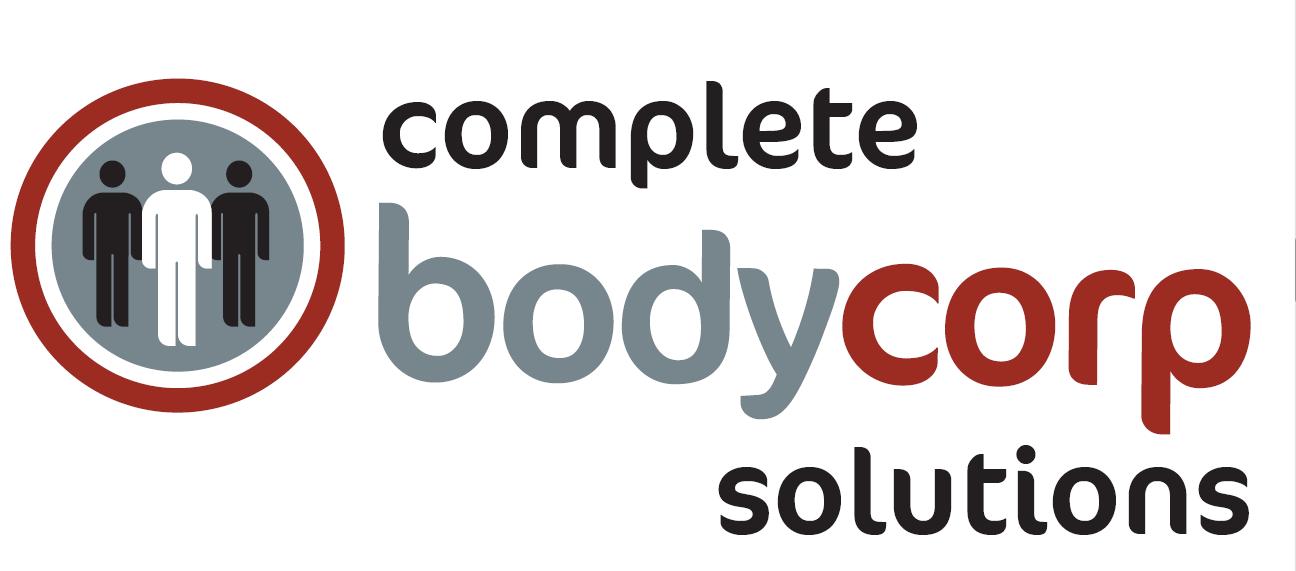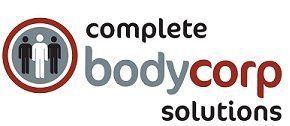Disclosure Statements
Providing secure access for body corporate committee members to information, including AGM minutes, building facilities contracts, maintenance records, owner and resident details database and key registry.
At CBCS, we know there's a lot of technical terms to learn when you’re first getting your head around the world of body corporate management. So we’ve put together this handy guide to simplify some of the more common terminology.
At CBCS, we know there's a lot of technical terms to learn when you’re first getting your head around the world of body corporate management. So we’ve put together this handy guide to simplify some of the more common terminology.
Disclosure Statements
We understand the intricate legal and administrative requirements governing multi-unit properties. Our dedicated team ensures thorough compliance with regulations, providing meticulous documentation and transparent disclosures.
Providing secure access for body corporate committee members to information, including AGM minutes, building facilities contracts, maintenance records, owner and resident details database and key registry.
Secure access for body corporate committee members to information including: AGM minutes, building facilities contracts, maintenance records, owner and resident details database and key registry.
Providing secure access for body corporate committee members to information, including AGM minutes, building facilities contracts, maintenance records, owner and resident details database and key registry.
Secure access for body corporate committee members to information including: AGM minutes, building facilities contracts, maintenance records, owner and resident details database and key registry.
Disclosure Statements
At CBCS, we understand the intricate legal and administrative requirements governing multi-unit properties. Our dedicated team ensures thorough compliance with regulations, providing meticulous documentation and transparent disclosures.
Under the Unit Titles Act 2010, sellers are required to provide in-depth information to prospective buyers. The information contained in the disclosure statements is intended to help provide buyers with transparency about the property and its management, helping them make informed decisions about their purchase or ownership.
There are two types of disclosure statements: Pre-Contract Disclosure, and Pre-Settlement Disclosure which are mandatory.
Pre-Contract Disclosure Statement

The seller must provide this statement to their real estate agent at the time of listing.
This statement contains general information about unit title ownership, as well as specific details such as the levy amount for the unit, any upcoming maintenance, funds held by the body corporate, and whether the unit or common property has had any weathertightness problems.

Pre-Contract Disclosure Statement
The seller must provide this statement to their real estate agent at the time of listing.
This statement contains general information about unit title ownership, as well as specific details such as the levy amount for the unit, any upcoming maintenance, funds held by the body corporate, and whether the unit or common property has had any weathertightness problems.

Pre-Contract Disclosure Statement
The seller must provide this statement to their real estate agent at the time of listing. This statement contains general information about unit title ownership, as well as specific details such as the levy amount for the unit, any upcoming maintenance, funds held by the body corporate, and whether the unit or common property has had any weathertightness problems.

Pre-Settlement Disclosure Statement

The seller must provide this statement after entering into an unconditional agreement for sale and purchase, by no later than the fifth working day before the settlement date. This statement is usually organised through the seller’s solicitor and must provide the buyer a summary of the current fees and charges relating to the unit, whether there are any proceedings pending against the body corporate and whether there have been any changes to the body corporate operational rules.
This comes in two parts, the statement and then a certificate. The statement must be signed by the owner and the certificate by the body corporate. The Act allows the buyer to delay settlement or cancel the sale if this is not provided on time.

Pre-Settlement Disclosure Statement
The seller must provide this statement after entering into an unconditional agreement for sale and purchase, by no later than the fifth working day before the settlement date.
This statement is usually organised through the seller’s solicitor and must provide the buyer a summary of the current fees and charges relating to the unit, whether there are any proceedings pending against the body corporate and whether there have been any changes to the body corporate operational rules.
This comes in two parts, the statement and then a certificate. The statement must be signed by the owner and the certificate by the body corporate. The Act allows the buyer to delay settlement or cancel the sale if this is not provided on time.

Pre-Settlement Disclosure Statement
The seller must provide this statement after entering into an unconditional agreement for sale and purchase, by no later than the fifth working day before the settlement date. This statement is usually organised through the seller’s solicitor and must provide the buyer a summary of the current fees and charges relating to the unit, whether there are any proceedings pending against the body corporate and whether there have been any changes to the body corporate operational rules. This comes in two parts, the statement and then a certificate. The statement must be signed by the owner and the certificate by the body corporate. The Act allows the buyer to delay settlement or cancel the sale if this is not provided on time.

Request Disclosure Statements
Request Disclosure Statements
Contact Us
Thank you for contacting us.
We will get back to you as soon as possible.
Oops, there was an error sending your message.
Please email us on advice@aafl.nz.



